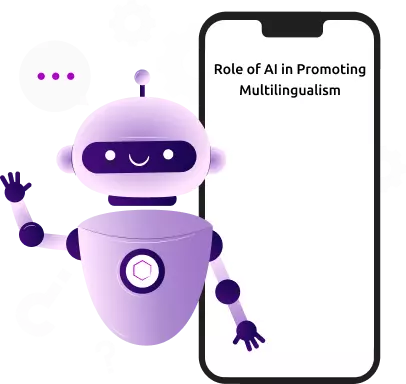- Our Writers
- How to Order
-
Services
Essays
Papers
- Why Us
- Resources
Think about how science education used to be - not everyone had access to real labs, and they could be expensive and risky.
This meant that many students missed out on the exciting hands-on learning experiences they needed to truly grasp scientific concepts. Frustrating, right?
But hold on! In addition to AI essay writer, we now have innovative AI-powered virtual labs, here to save the day. In this blog, we're diving into how these digital marvels are completely changing the game in science education.
Read on to find out what virtual labs have in store for science education!
In the not-so-distant past, learning science typically involved physically going to a lab, handling equipment, and conducting experiments. While this hands-on approach is invaluable, it has limitations. Physical labs can be costly to set up and maintain, and students often have limited access to them due to tytime constraints or safety concerns.
AI-powered virtual labs bring the lab experience directly to your computer or device. These digital simulations allow students to perform experiments in a safe and controlled environment.
They stand out by providing instant feedback through AI algorithms, offering limitless resources, and being available 24/7. This accessibility eliminates scheduling conflicts and lets students learn at their own pace.
AI-powered virtual labs are not just a concept but a reality. Universities, schools, and online learning platforms are already using them to transform science education.
Virtual labs have gained substantial traction across educational institutions and industries. Here are some real-world instances of where virtual labs are currently being used:
These instances illustrate the widespread adoption of virtual labs across various sectors and educational levels. As technology advances to provide us feasible digital solutions, the role of virtual labs in shaping the future of education and research is set to expand even further.
Virtual labs are not just a passing trend; they hold immense promise for the future of science education. Here's a glimpse of what they can bring to the table:
Accessible Learning for All: Virtual labs break down the barriers that often limit access to hands-on science experiences. No matter where you are, as long as you have an internet connection, you can dive into the world of experiments. This means students in remote areas or with limited resources can now explore and learn just like their peers in well-equipped classrooms.
Safety Without Compromise: Safety is a top priority in science, but not all experiments are risk-free. Virtual labs offer a safe environment for students to experiment without any danger. This means fewer worries about hazardous chemicals or delicate equipment, allowing students to focus on the science itself.
Cost-Effective Learning: Setting up and maintaining physical labs can be expensive. Virtual labs significantly reduce costs since there's no need for costly equipment, chemicals, or maintenance. It's a budget-friendly solution that doesn't compromise on quality.
A Personalized Approach: Thanks to artificial intelligence, virtual labs can adapt to each student's pace and learning style. They offer personalized feedback, helping students understand their mistakes and improve. This tailored approach makes learning more efficient.
Bridging the Gap: For those who don't have access to traditional labs, virtual labs level the playing field. They ensure that every student, regardless of their background or location, has an equal chance to explore and excel in science.
Exploring Complex Concepts: Virtual labs can simulate complex experiments and phenomena that are challenging to replicate in a physical setting. This enables students to delve deeper into advanced scientific concepts, pushing the boundaries of their knowledge.
As we look to the future, virtual labs are set to become an integral part of science education. They are continuously evolving to offer even more immersive and interactive experiences. With technology advancing at a rapid pace, the possibilities are endless, and the future of science education has never looked brighter.
While AI-powered virtual labs offer numerous benefits, there are some challenges to keep in mind. These include the need for reliable internet access, potential disparities in access to technology, and the importance of ensuring that virtual labs complement, rather than replace, hands-on experiences in the physical lab.
AI-powered virtual labs are a remarkable advancement in science education. They offer a cost-effective, safe, and engaging way for students to explore the wonders of science. With the help of AI, these virtual labs provide personalized learning experiences, making science education more accessible and effective for learners of all backgrounds.
In closing, AI-powered virtual labs have emerged as a beacon of transformation in the realm of science education.
They bridge the gap between traditional laboratories and the digital age, offering a safe and accessible platform for students to explore science. With artificial intelligence, these virtual labs provide a personalized, adaptive learning experience that caters to individual needs.
However, it remains crucial to maintain a harmonious balance between virtual and physical lab experiences to ensure comprehensive scientific education.

WRITTEN BY
Dr. Alex Mercer (Mass Literature and Linguistics, Masters )
Dr. Alex Mercer is a renowned author specializing in AI and academic writing, known for his insightful and informative blogs on EssayService.ai. With a passion for both technology and education, Dr. Mercer has established himself as a trusted voice in the field, providing valuable insights to students, educators, and technology enthusiasts alike.
Dr. Alex Mercer is a renowned author specializing in AI and academic writing, known for his insightful and informative blogs on EssayService.ai. With a passion for both technology and education, Dr. Mercer has established himself as a trusted voice in the field, providing valuable insights to students, educators, and technology enthusiasts alike.
On This Page On This Page
Share this article
AI-Powered Virtual Labs: Revolutionizing Science Education
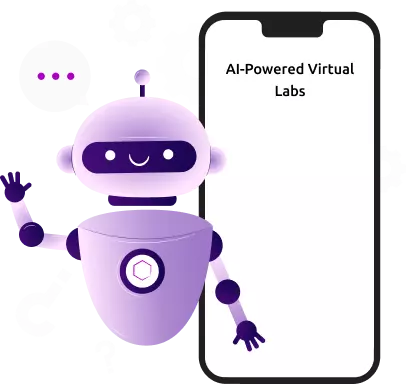
How AI-Powered Writing Tools are Transforming Academic Writing
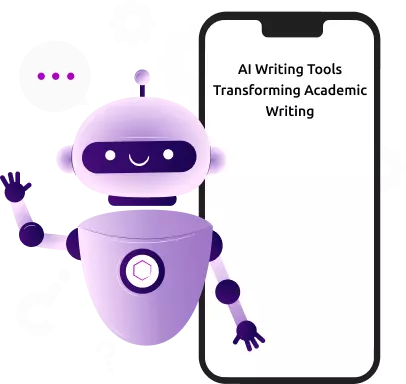
AI Writing Assistants: A Writer Best Friend or Worst Enemy?
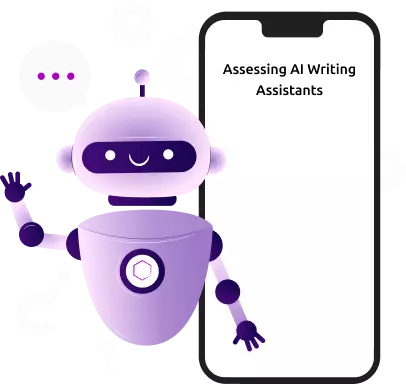
CopyAI vs. EssayService.ai
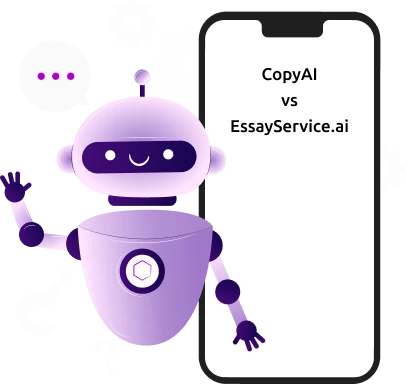
Jasper vs. EssayService.ai
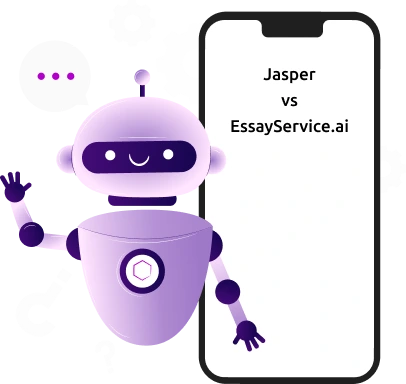
Rytr vs. EssayService.ai
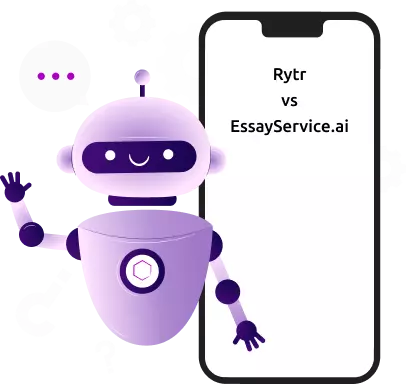
Smodin vs. EssayService.ai

Ethical Considerations in AI-Generated Content
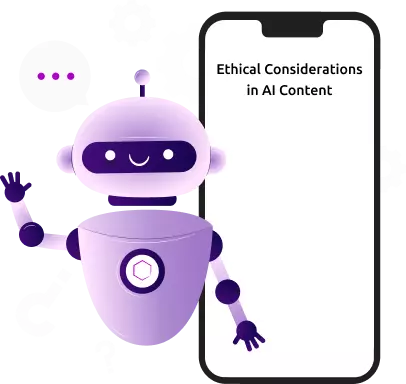
Future Trends of AI in Academics
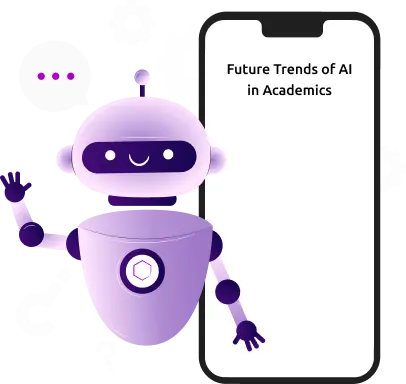
The Impact of Artificial Intelligence on Education: Current Trends and Future Possibilities
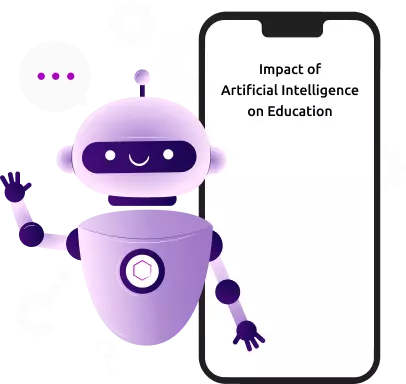
Improving Your Essay Writing with AI: Tips and Strategies
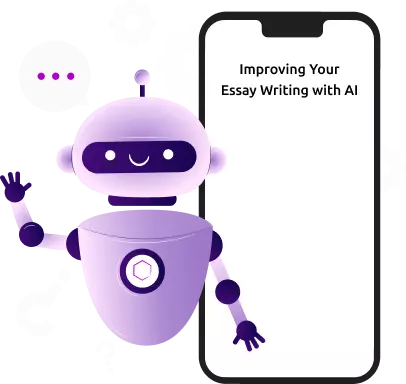
Natural Language Processing in Academic Writing: Tools and Techniques
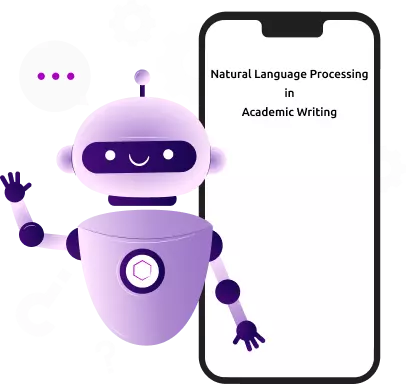
The Psychology of AI-Generated Content: How Do Readers Perceive It?
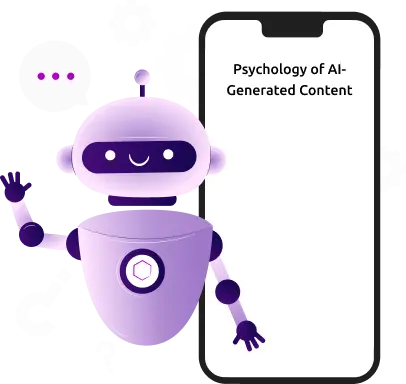
The Role of AI in Promoting Multilingualism: Breaking Language Barriers in Writing
